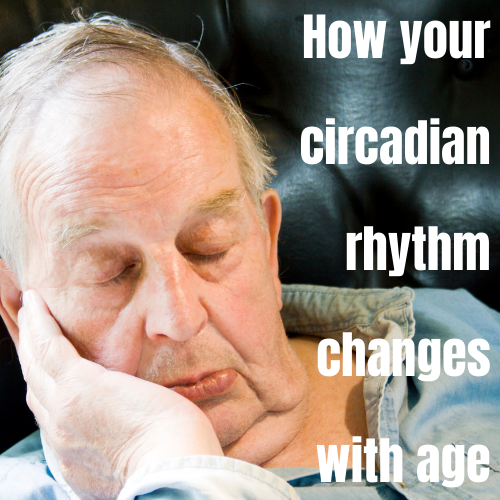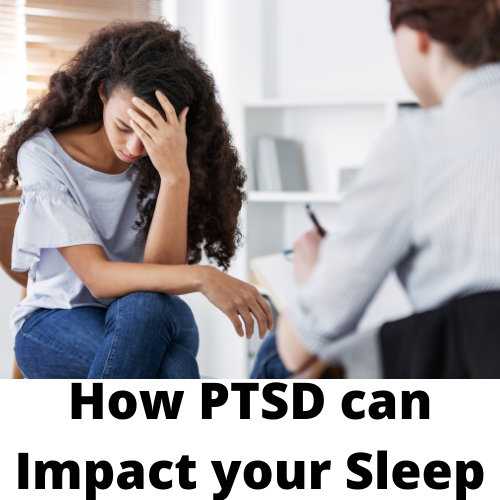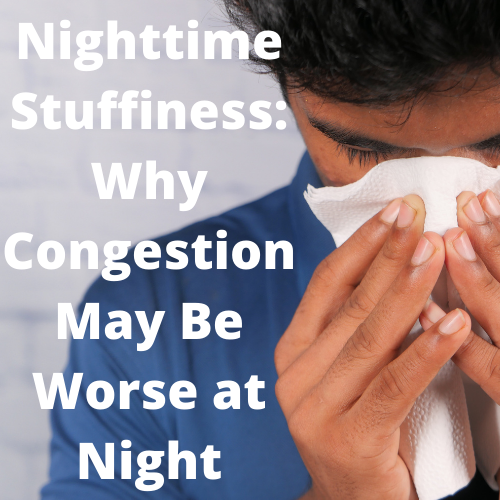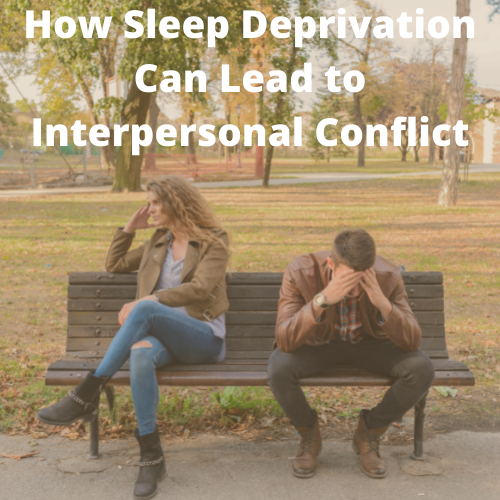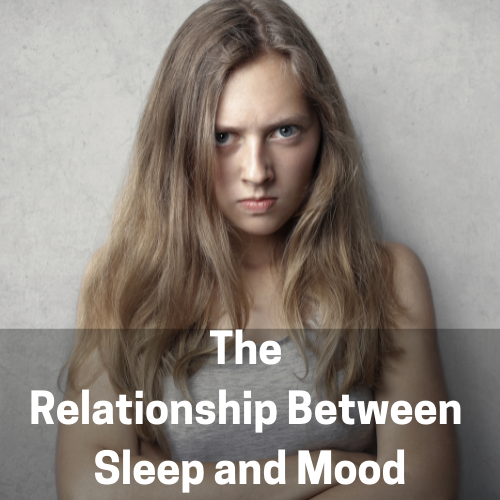Nothing feels better than a midday nap. However, the benefits of napping have their caveats. If you nap for the perfect amount of time, then you can wake up feeling refreshed, refocused, and re-energized. However, if you sleep too long, you will be groggy and potentially mess up your sleep schedule. Keep reading to find out how you can properly take a beneficial nap and still keep your sleep schedule.
Our circadian rhythm is our internal clock that helps our bodies regulate a pattern of sleep and wakefulness. It is in charge of the normal time frame that you get sleepy and wake up from your slumber. However, as we age, our circadian rhythm may change, and we may experience disrupted sleep. Keep reading to find out why, and what you can do to better manage your internal clock.
Post-traumatic stress disorder, or PTSD, is a psychiatric disorder that stems from a traumatic event that is not resolved. This disease is slow and insidious, so many individuals may not know they have PTSD until months after the fact. Common individuals who experience PTSD are veterans, first responders, victims of violence, abuse, or major disasters. Women are more likely than men to experience PTSD, and about 70% of people will experience PTSD in their lifetimes.
PTSD results when someone experiences something extremely traumatic, and their brain rewires so that a certain stimulus leads to a negative reaction. This can manifest into nightmares, insomnia, depression, anxiety, hyperarousal, and many other symptoms. Continue reading to find out the interplay between sleep and PTSD.
Nighttime Stuffiness: Why Congestion May be Worse at Night
Allergies can be the most annoying thing to deal with, especially when you're trying to get a good night's sleep. When you can't breathe out of your nose and you're forced to breathe out of your mouth, you can wake up with dry mouth, and your overall quality of sleep is just not good. Nighttime stuffiness may be worse than your daytime allergies, which can be extremely frustrating. Here is some more information on nighttime stuffiness and what you can do for a better night's sleep.
How Sleep Deprivation Can Lead to Interpersonal Conflict
Have you ever gone through spurts when you felt like you and your partner just could not stop arguing? Your arguments would be over really little things and could blow up into days-long fights. If the reason for this incessant interpersonal conflict seems unclear, the root of your problem may be the amount of sleep that you're not getting. Read more to find out how sleep deprivation can lead to interpersonal conflict.
Imagine it's one of those nights where you have gotten a poor night's sleep. Your alarm goes off way too early, and you are in disbelief that you have to get up and be productive for an entire day. For the rest of the day, you may be tired, irritable, and a huge grump. These feelings are natural and experienced by most individuals with poor sleep. Your sleep and mood are interconnected because sleep is important for brain function and mood is controlled by your brain. Keep reading to find out more about the relationship between sleep and mood.
It may seem like identifying sleep deprivation would be easy, or that the only symptom is fatigue. This list is intended to help you take measured stock of some of the most common symptoms of sleep deprivation so you may identify whether or not you may be operating at a suboptimal level due to chronic sleep deprivation.
One of the greatest risks of having an untreated sleep disorder is the prospect of getting into a car crash while fatigued. Many individuals who have sleep disorders such as insomnia, sleep apnea, or restless leg syndrome experience bouts of drowsy driving. In fact, the U.S. National Highway Traffic Safety Administration (NHTSA) reports that drowsy driving is related to more than 1,500 deaths per year and at least 100,000 motor-vehicle crashes.
In this day and age, there are plenty of reasons to stay awake. Our workaholic, technology-infused culture is constantly tempting us to sacrifice sleep for stimulation. In 2016, the Center for Disease Control published a study finding that as many as a third of adults living in the United States of America are not getting enough sleep at night.
Wayne Giles, M.D. and director of the CDC's Division of Population Health, stated, "As a nation, we are not getting enough sleep."
In the wake of this news, we're driven to ask the following questions:
- Why aren't Americans getting enough sleep?
- How much sleep do I need and why?
- What can I do to get a quality night's rest?
Most people don’t get enough sleep. We are a society that burns the candle at both ends, a nation where people stay up all night to study, work, or have fun. However, going without adequate sleep carries with it both short- and long-term consequences.
Everyone knows that lack of sleep can make a person grumpy and foggy. However, not everyone knows that sleep deprivation can significantly affect your health, safety, and performance.
These are the top seven dangers of sleep deprivation:


